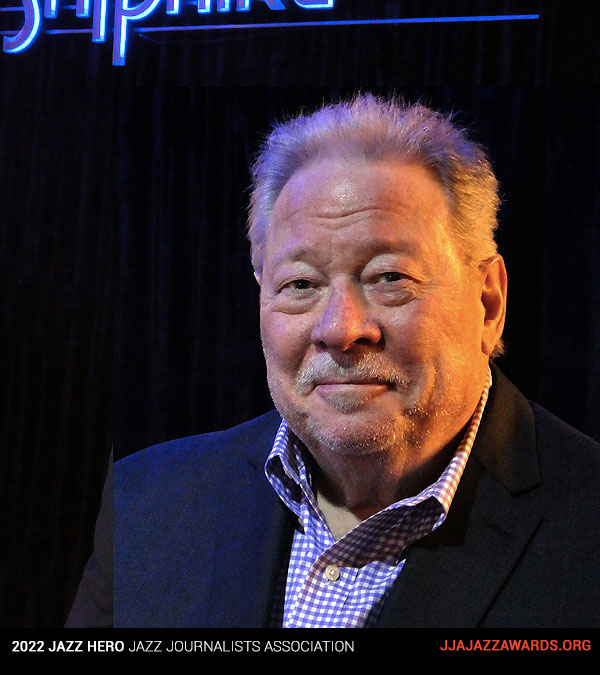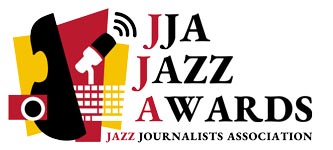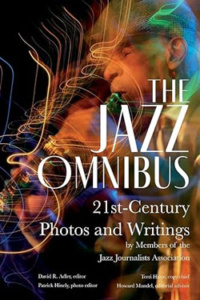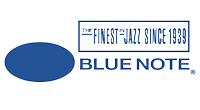Boise Jazz Hero

In 1960s Gainesville, Fla., a teenager often lugged his horn to an after-hours club to hear a Hammond B3 trio. “I never had the courage to open my trombone case,” admits Mike Samball, now hailed as Jazz Hero of Boise, Idaho, “but the culture, the way the musicians played that music, really resonated with me. It’s like a drug. Ever since, there’s been no rehab for it.”
Samball’s parents listened to Ella Fitzgerald, Sarah Vaughan or Frank Sinatra around their house, and when Mike got his first records by trombonist J.J. Johnson as a child, he was immediately drawn to the sounds and to what J.J. was saying through his instrument. Later Mike’s classically trained high school band director introduced him to the discipline of music including the jazz world, and he was attracted to the jazz side.
Mike learned, he says, that jazz “isn’t just swing or blues or syncopation, it’s communal music-making. There’s a community on stage having a conversation, and they are also communing with the audience.”
Community has figured large in Mike’s life as a musician, educator, conductor and impresario. At the University of Florida, he decided to go into music education.
“When I student-taught, I got next to an old-school director who was dedicated to not only imparting music to young people but also what it meant to do that: The social aspect, the camaraderie, the discipline. I thought ‘Here’s a place I can stop thinking about myself and do something for young people.’
After five years teaching band and orchestra, jazz took Mike to North Texas State University for master’s and doctoral studies. He began a 40-year career at Boise State University in 1976, having moved to a place where few appreciated jazz — at least until Gene Harris, pianist of The Three Sounds, arrived the next year and took over the baby grand in the Idanha Hotel bar.
“We all gravitated to the Idanha to fix our jazz souls with a blues-based, swinging, pianist with chops,” Samball recalls. “His ‘Battle Hymn of the Republic’ brought you to tears. When he died in 2000, I said ‘Gene taught Idahoans how to love jazz.’”
So did Mike. In addition to countless students, he brought world-class jazz to Boiseans as director of both the Boise State Invitational Jazz Festival and the Gene Harris Jazz Festival, and since 2007, through the Boise Jazz Society (BJS). After an exploratory concert to see who in Boise needed great live jazz in their lives year-round, BJS has grown to 300-plus members, with Mike presenting more than 100 BJS concerts.
In 2021-22, BJS artists included Paquito D’Rivera, Brandon Goldberg, Bill Charlap and Renee Rosnes, Matt Wilson and Dianne Reeves. Sandwiched between were two concerts by Wynton Marsalis and the Jazz at Lincoln Center Orchestra. Their first evening filled 2,000 seats at the Morrison Center for the Performing Arts. Returning the next morning, Marsalis and the band engaged 1,700 excited middle- and high-schoolers in their Jazz for Young People program. For 2022-23 the BJS has scheduled an impressive lineup of jazz artists into the intimate Sapphire Room, which Mike calls “the perfect environ for listening to the art of jazz, right here in Boise, Idaho.”
BJS’ mission—and Mike’s—is to raise awareness of jazz as an American art form. “Bringing ‘awareness’ means educating us to what’s happening today at the same time we’re having a good emotional feeling stimulated by virtuosity: the meaning of the music,” says Mike Samball, Jazz Hero. “We all wonder: ‘How do they do that?!?’ In music, there’s no finite answer to anything. You never get it right, you just aspire.” — Diane Ronayne















